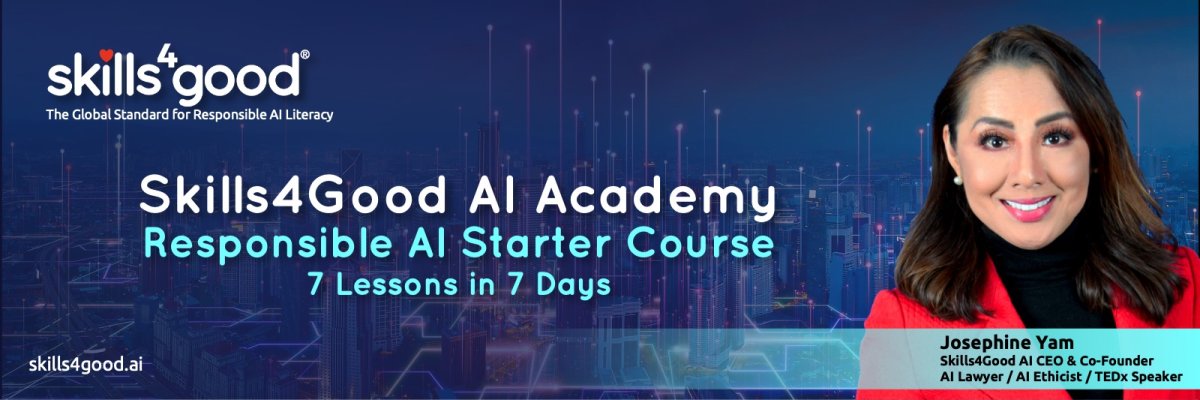AI is already transforming work. The real question is—will you lead the change, or follow it?
The Reality Check We All Need
A few weeks ago, Dario Amodei, CEO of Anthropic (the $15B company behind Claude), issued a stark assessment that cut through typical AI hype.
“AI could wipe out half of all entry-level white-collar jobs — and spike unemployment to 10–20% within one to five years… AI companies and governments need to stop sugar-coating what’s coming.”
This wasn't speculation from a distant observer. This was one of the world's leading AI architects describing trends already in motion.
Consider the current landscape:
- Walmart is restructuring 1,500 corporate positions as automation capabilities expand
- DBS Bank is redesigning 4,000 roles around AI-powered banking systems
- Duolingo replaced over 140 contract course creators with AI-generated content
Even OpenAI's Sam Altman acknowledged the reality of AI Automation back in 2023, months after ChatGPT was introduced:
“I’m sorry. Jobs are definitely going to go away. Full stop.”
But here's what's often missing from these headlines: This transformation creates as many opportunities as challenges—if you know how to position yourself strategically.
Historical precedent supports this nuance. The personal computer didn't eliminate office work—it created entirely new categories of jobs while transforming existing ones. Similarly, the internet didn't destroy commerce—it revolutionized how business operates.
The professionals thriving through this AI transition aren't those avoiding the technology.
They're the ones learning to work with it strategically and ethically.
Want the Complete Guide + More?
You're only reading the introduction. The complete guide, detailed examples, and implementation steps are available inside our Skills4Good AI Academy.
Join thousands of professionals in our FREE 7-Day Starter Course and gain instant access to:
- This complete guide + other Responsible AI resources
- 7 practical lessons (only 10 minutes a day)
- Global community of professionals learning how to use AI for Good
No cost. No obligation. Just practical Responsible AI skills you can apply immediately.


